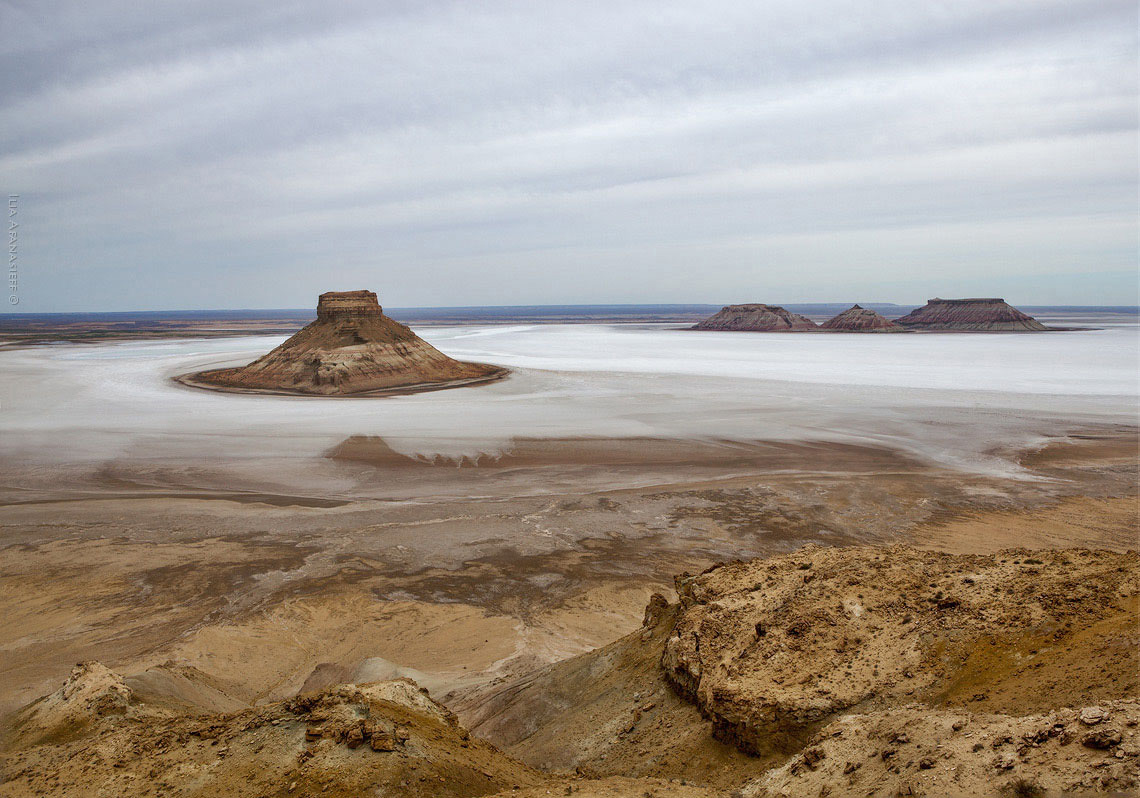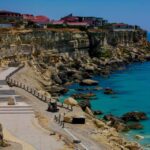NUR-SULTAN – Kazakhstan recently approved a list of top ten priority tourist destinations that were previously defined by the state program for tourism development, said Chairman of the Tourism Industry Committee Dastan Ryspekov at the Central Communications Service briefing on June 14.
Priority tourist territories are zones with a significant potential for tourist development. These top 10 destinations include Nur-Sultan city, the Burabay resort area, Lake Alakol, the mountain cluster of the Almaty Region, the Bayanaul resort area, the Imantau-Shalkar resort area, Lake Balkhash, Turkistan city, the Baikonur space complex, and Mangystau.
Ryspekov also spoke about additional measures of state support aimed at stimulating inbound tourism, attracting investments, improving tourist infrastructure and the quality of tourist services.
These territories will provide special privileges for investors and create more incentives for Kazakh citizens to take vacations within their own country.
Investors will be granted investment benefits in the form of an exemption from corporate income tax, value-added tax, land tax, and the provision of in-kind grants in the form of land plots.
The threshold for the volume of investment was decreased to 530,200,000 tenge (US$1,240,467), which is ten times lower than the threshold for investment projects in other spheres. Investors will also be reimbursed for the cost of purchasing equipment for ski bases and tour buses during the construction of tourist and roadside service facilities. In order to stimulate the work of tour operators for inbound tourism, they will be subsidized for each incoming tourist – 15,000 tenge (US$35) per person.
“The proposed subsidy system will motivate tour operators to develop package sales (accommodation, excursions, transfers, meals, etc.) with a program of at least five days for foreign tourists. In other words, these companies will receive a ‘reward’ from the state in the form of subsidies. For example, if a tour operator brings a thousand foreigners to Kazakhstan as part of a tour package, it will receive 15 million tenge (US$35,000) from the state. And the tour operators will be able to use the funds received to promote and participate in international exhibitions, expand their partnership with foreign colleagues and conclude an agreement to attract tourists to our country,” said Dastan Ryspekov.
Kazakh citizens will also benefit from privileges, including the Kids Go Free system, a mechanism for subsidizing the cost of children’s air tickets up to and including 14 years of age.
“That is, a family with children aged 2 to 14 years inclusive, will have to purchase a ticket to Kazakh resorts through tour operators, which will sell vouchers minus the cost of children’s tickets. There will be mandatory requirements for a stay of four nights and five days,” said Yerzhan Yerkinbayev, Chairman of Kazakh Tourism national company and director of the Kids Go Free program.
Such incentives for family holidays in Kazakhstan, according to experts, will reduce costs by 20-30 percent, depending on the composition of the family. Beyond the concept of priority tourist destinations, additional initiatives aimed at developing tourism in Kazakhstan have recently been put forward.
One of the acute problems for tourists, including international visitors, is the weak rating system of hotels.
First, the current system of classification is voluntary and the lack of responsibility leads to the unauthorized assignment of stars. This creates a challenge for tourists as the reality of the hotel state is far different from the one in advertising brochures. To address this issue, a new plan is underway to update the classification standards and Kazakhstan’s placements will soon develop a new star rating system that meets international standards.
On a similar note, initiatives to digitize the register of guides by assigning each a unique QR code are being introduced. This will allow tourists to view the rating of the guide, their experience and qualification in a matter of seconds.
Another initiative is the E-Konak program, which makes it easier for hotels to register foreigners, quickly read the passport of any country, automatically send the documents to migration authorities and access other services. This will decrease the hassle for the tourists as the client does not need to go and declare his or her stay in the country. The platform is currently available in 320 hotels, and more than 600 will be connected by the end of the year.These initiatives are being implemented at the instruction of the head of state in developing the tourism industry in 2018. Three main goals of the program include increasing the flow of international tourists, market development and the creation of new jobs, increasing the number of people employed in the tourism industry, increasing the investment attractiveness of the tourism industry and increasing the share of tourism in the total gross domestic product to eight percent by 2025.






Comment here